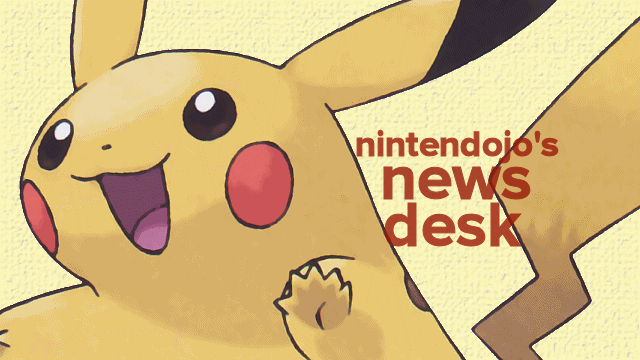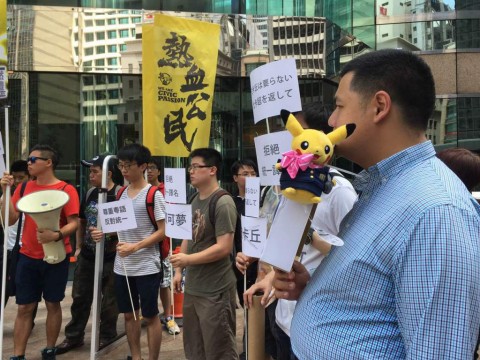
Gamers in mainland China have long existed in a sort of isolation; piracy and proxy servers helped grant some access to the outside world, but the government’s ever watchful eye and control over the media made one of the world’s biggest markets almost impossible to breach for legitimate lines of business. That grasp has loosened over the years to the point where more and more outside companies are able to sell their wears in China, and one such sign of the more lax regulations is the fact Pokémon will finally be getting a Chinese release. However, this news has resulted in some rather surprising developments.
Previously, Nintendo produced Chinese versions of Pokémon for both Taiwan and Hong Kong; however, linguistic and cultural differences meant they were actually different versions of the game. But with the upcoming Sun and Moon versions being announced for mainland China, Nintendo has opted to simplify things and make a single version for all the Chinese markets with one title, Jingling Baokemeng. Nintendo is still offering some variety with the inclusion of both traditional and simplified Chinese translations, but for many this change has been met with surprisingly political anger that centers around none other than Pikachu.
Due to its somewhat autonomous nature compared to mainland China, Hong Kong has had Pokémon for quite a while now, and the franchise’s electric mascot’s name was derived from Cantonese and was pronounced Bei-kaa-chyu. Now, however, Pikachu will go by its Mandarin pronunciation, Pikaqiu, which when spoken in Cantonese sounds more like Pei-kaa-jau. Other Pokémon names have run into similar issues, but seeing how Pikachu has long been the face of the franchise, it has come to represent the bigger issue. To voice their frustrations, Hong Kong gamers have raised their voices not just online, but also in the streets in front of the Japanese consulate.

That might not seem like a big issue, but there is a bigger cultural and political issue at play between mainland China and Hong Kong. Ever since Britain returned Hong Kong to China back in 1997, it has retained a certain level of autonomy compared to the rest of the country thanks to the political wheelings and dealings that made the transfer of power occur. Because of this, Hong Kong has been able to enjoy greater economic, cultural, and political independence than what the Chinese government would prefer, and one area where this is apparent is the matter of language. China has made great efforts to encourage the growth of Mandarin Chinese in the autonomous state, but the citizens of Hong Kong continue to use Cantonese the vast majority of the time and see the language as another thing that makes them culturally independent from what they view as a authoritarian regime wanting to control them. Considering this, one can see how the decision to favor the Mandarin pronunciation could be seen as a slight against Hong Kong.
In all likelihood, Nintendo probably had no intention of offending the people of Hong Kong and the decision to make the changes was probably pretty simple to make, especially when you consider the sheer size of the Chinese market. That being said, it will be interesting to see how Nintendo and The Pokémon Company respond and this incident remains a fascinating reminder of how surprisingly complex such seemingly simple things can really be.
Source: Siliconera, Quartz




 ShareThis
ShareThis





